
Permutation and CombinationQuestion and Answers: Page 8
Question Number 142630 Answers: 0 Comments: 1
Question Number 142618 Answers: 0 Comments: 2
Question Number 142305 Answers: 1 Comments: 0
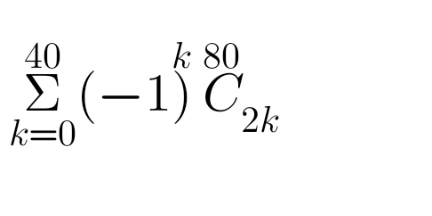
Question Number 141777 Answers: 0 Comments: 1
Question Number 141435 Answers: 1 Comments: 0
Question Number 139352 Answers: 0 Comments: 1
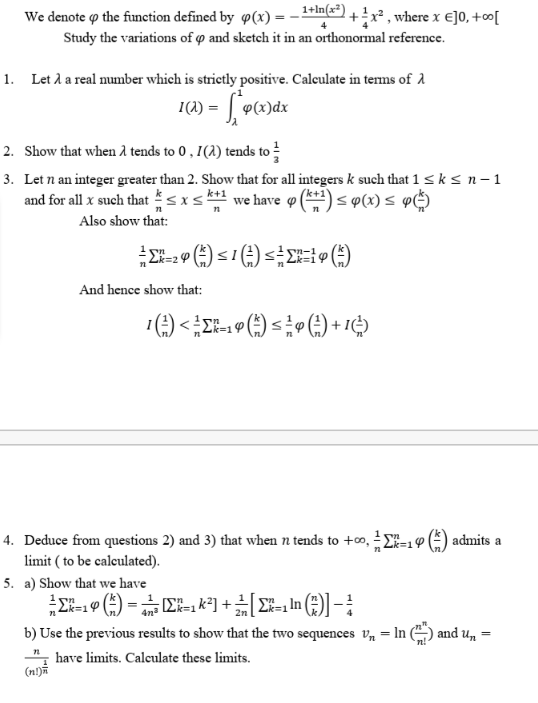
Question Number 139332 Answers: 1 Comments: 0
Question Number 139286 Answers: 0 Comments: 1
Question Number 138748 Answers: 1 Comments: 0
Question Number 137943 Answers: 1 Comments: 0
Question Number 137745 Answers: 1 Comments: 0
Question Number 137035 Answers: 1 Comments: 1
Question Number 136872 Answers: 0 Comments: 4

Question Number 136448 Answers: 1 Comments: 0
Question Number 136417 Answers: 2 Comments: 0
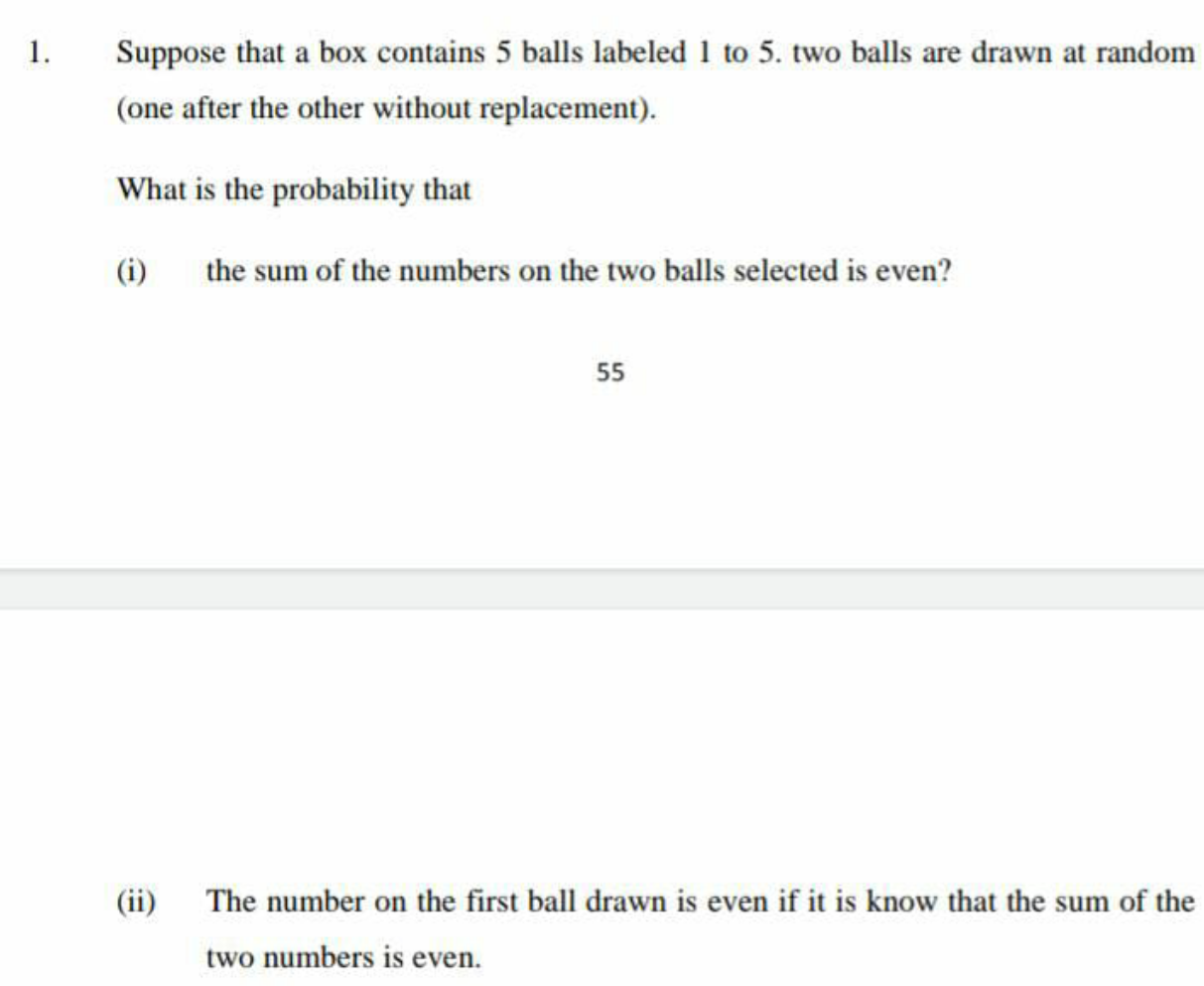
Question Number 135797 Answers: 1 Comments: 0
$$ \\ $$How do you solve f(3) when f(-1) = -1 and f(0) =1 and f(x) =f(x-1)-2f(x-2)?
Question Number 135599 Answers: 1 Comments: 0
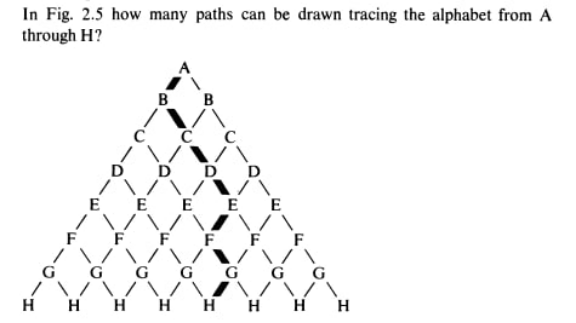
Question Number 135490 Answers: 3 Comments: 0
Question Number 135303 Answers: 2 Comments: 0
Question Number 135239 Answers: 0 Comments: 0
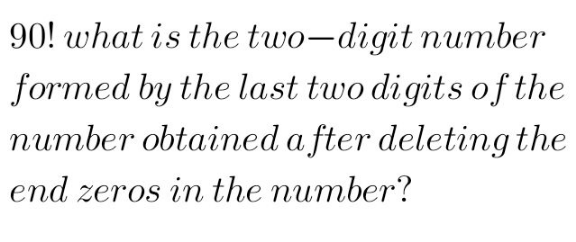
Question Number 135218 Answers: 2 Comments: 0
Question Number 135024 Answers: 0 Comments: 7

Question Number 134905 Answers: 2 Comments: 1
Question Number 134798 Answers: 3 Comments: 0
Question Number 134644 Answers: 1 Comments: 1
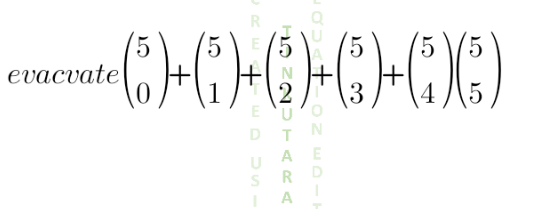
Question Number 134482 Answers: 0 Comments: 5
